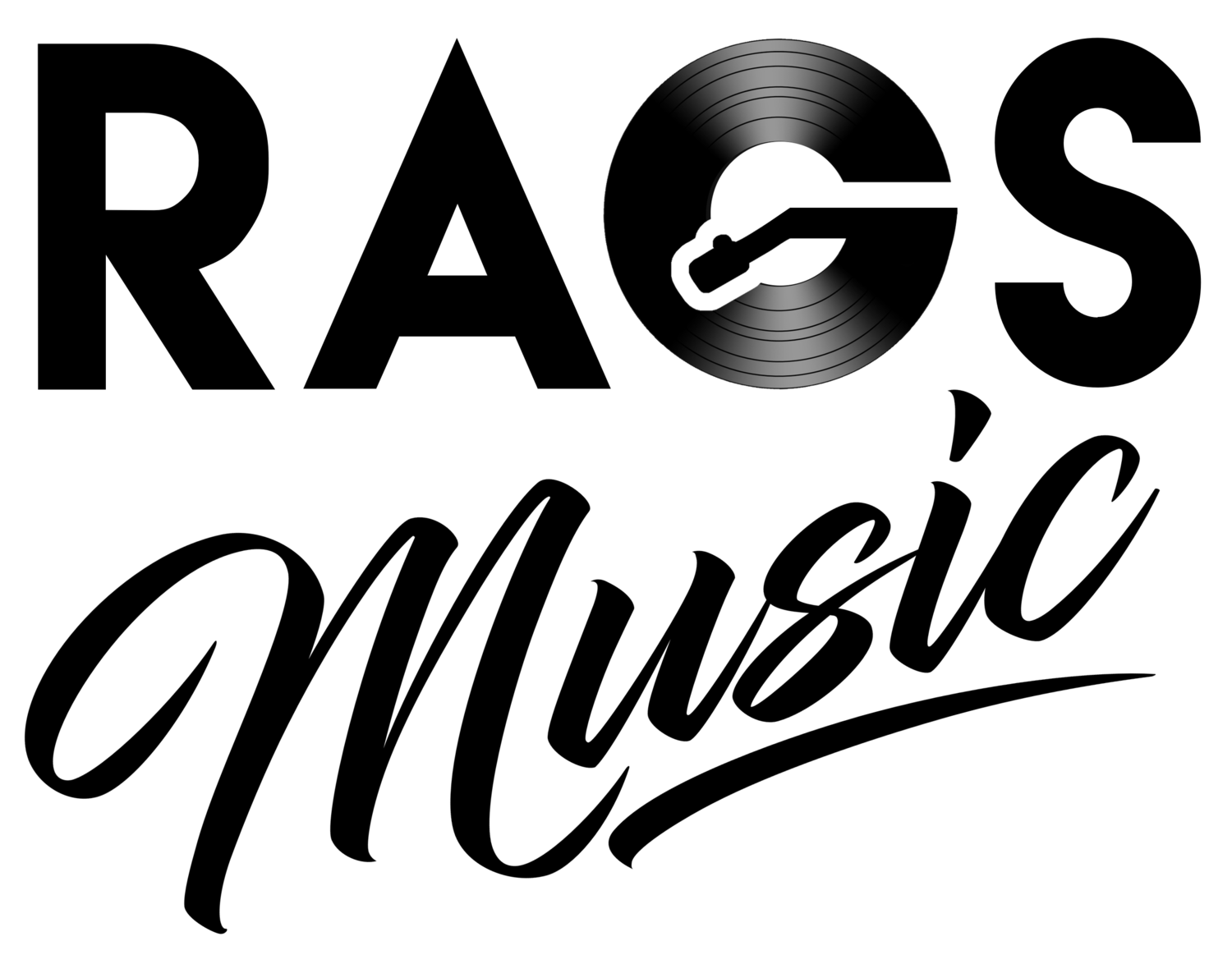5 Questions with Rags #86 - Daniel Makabe
I'm listening to Your Old Droog as I stare at the block of text transcribed from my recent interview with The Wrestling Genius, Daniel Makabe. There's nothing particularly similar about them – Makabe is from the west coast of Canada, listens to and plays hardcore music, presumably doesn't wear a fancy gold watch and, most importantly to me, wrestles; Droog is from the east coast of the US, wears a fancy gold watch and most importantly to me, raps. They are worlds apart. But there's a through line between both of their outputs. They both create work – Makabe wrestling and Droog rapping – that speaks to a certain kind of fan. You might have to dig a bit and let their work breathe to get the most of it, but when you find the vein, it gets into you deep. That's not to say their stuff can't be enjoyed by a casual passerby, but they're both clearly Students of the Game, and as such their shit speaks to a certain kind of dedicated fan. They create for themselves – and if you like it, that's cool, join the party; there's a trove of treasures awaiting you. And if not, shut up and keep on moving. (Also, I've tried to get my brother, who likes wrestling and hip-hop, into both with less success than I would like.)
There's a reason I gravitated towards Makabe when I got properly into independent wrestling – and after talking to him, I'm pretty sure it's the thing I just mentioned. We might be deep into different kinds of music, but Makabe is a nerd like me and obviously, the vibe can be summed up with something from his music fandom. “Blake from Jawbreaker, in one of the years when he wasn't doing Jawbreaker and was swearing that there would never be a Jawbreaker reunion, did a band called Forgetters. They did a 7-inch and they did an LP, it came out in the early 2010s. The LP's okay, the 7-inch is really good though. The 7-inch has a song called “Too Small To Fail” and I always used that as a personal mantra and also as a business model or whatever,” says Makabe during our long-winding phone conversation. “I've never wanted to be a TV wrestler. I've never wanted to have a contract. I never really wanted this to be my job. I think it would take the fun out of it. And first and foremost, this is art for me.” Amen, brother.
“I don't love when people are like 'Pro wrestling is an art.' It is, but it's also sport. It's a weird hybrid of both. For me it's a very physical release and form of art. I wrestle primarily for myself. I want people to like my matches and I want the people who appreciate my style of wrestling to like the matches, but I wanna like my matches first and foremost. And I've never wanted to get to the point where I'm too big and I get a bunch of unwanted attention from those who aren't going to appreciate what I do, are gonna poke holes in things without getting the big picture. ‘Too Small to Fail’ has just always felt appropriate for me.” It's an ethos that has served Makabe well. His immense wrestling talents have taken him around the world since he first stepped into a homemade wrestling ring more than 20 years ago, never compromising his style.



